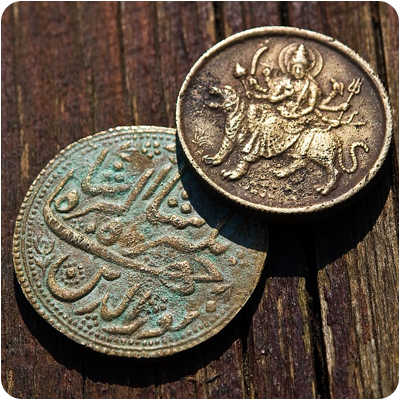Het arrangement 20.2 Lending and borrowing money - tto123 is gemaakt met Wikiwijs van Kennisnet. Wikiwijs is hét onderwijsplatform waar je leermiddelen zoekt, maakt en deelt.
- Auteur
- Laatst gewijzigd
- 11-05-2025 19:03:06
- Licentie
-
Dit lesmateriaal is gepubliceerd onder de Creative Commons Naamsvermelding-GelijkDelen 4.0 Internationale licentie. Dit houdt in dat je onder de voorwaarde van naamsvermelding en publicatie onder dezelfde licentie vrij bent om:
- het werk te delen - te kopiëren, te verspreiden en door te geven via elk medium of bestandsformaat
- het werk te bewerken - te remixen, te veranderen en afgeleide werken te maken
- voor alle doeleinden, inclusief commerciële doeleinden.
Meer informatie over de CC Naamsvermelding-GelijkDelen 4.0 Internationale licentie.
Aanvullende informatie over dit lesmateriaal
Van dit lesmateriaal is de volgende aanvullende informatie beschikbaar:
- Toelichting
- Deze les valt onder de arrangeerbare leerlijn van de Stercollectie voor Engels voor tweetalig onderwijs, leerjaar 1, 2 en 3. Dit is thema 4 'Money'. Het onderwerp van deze les is: Lending and borrowing money. In deze les staat geld (uit)lenen centraal. Daarnaast wordt ook de geschiedenis van geld besproken. De onregelmatige werkwoorden in deze les zijn: to lead, to leave, to lend en to let. In de grammaticaopdracht wordt comparisons (vergelijkingen) behandeld.
- Leerniveau
- VWO 2; HAVO 1; VWO 1; HAVO 3; VWO 3; HAVO 2;
- Leerinhoud en doelen
- Engels;
- Eindgebruiker
- leerling/student
- Moeilijkheidsgraad
- gemiddeld
- Studiebelasting
- 1 uur 40 minuten
- Trefwoorden
- arrangeerbaar, comparisons, engels, geld (uit)lenen, geschiedenis van geld, lending and borrowing money, stercollectie, tto123
Gebruikte Wikiwijs Arrangementen
VO-content Engels. (2020).
Lending and borrowing money - hv3
https://maken.wikiwijs.nl/156920/Lending_and_borrowing_money___hv3

 The subject of this period is lending and borrowing money.
The subject of this period is lending and borrowing money.










 What have you learnt in this period?
What have you learnt in this period?
